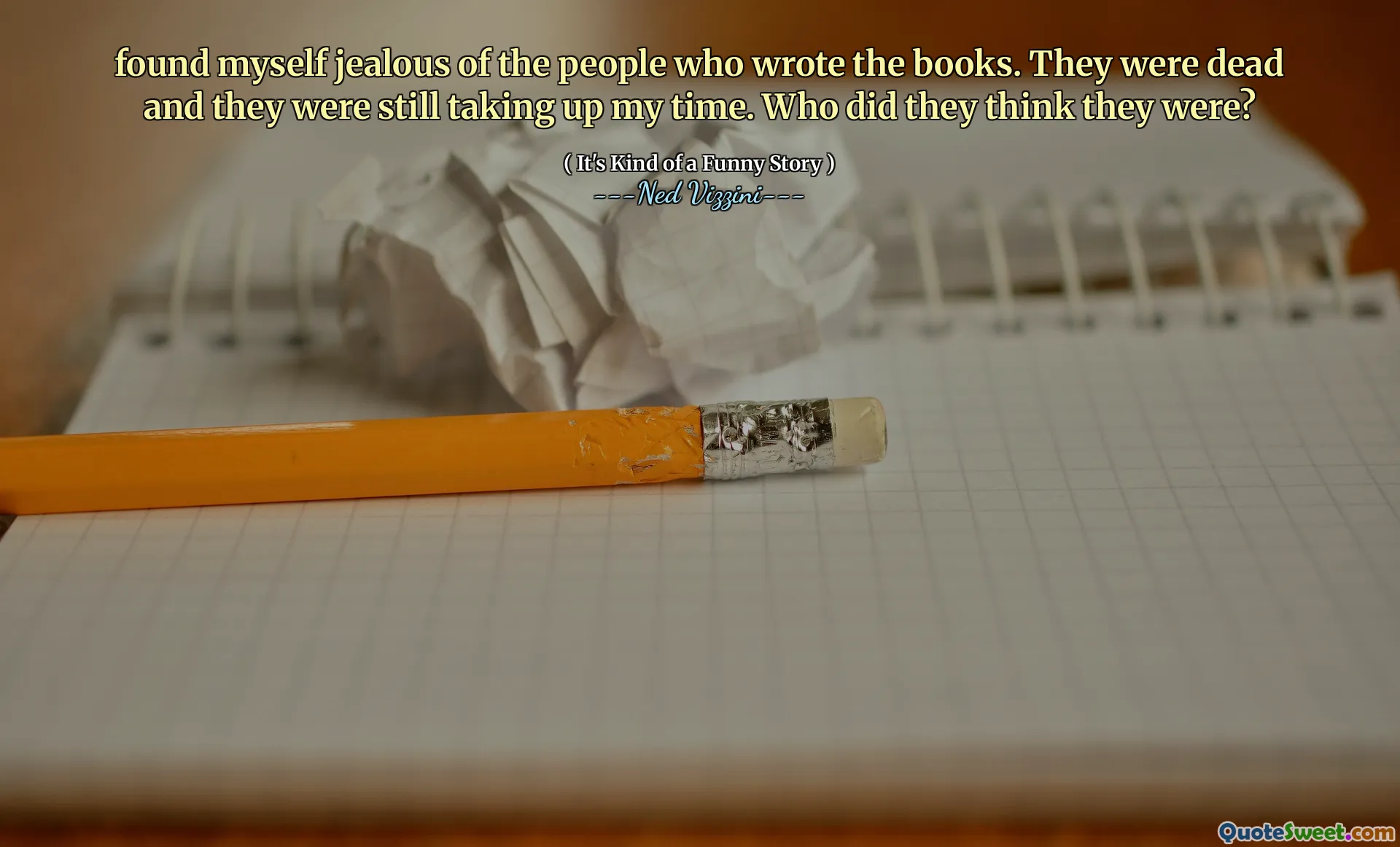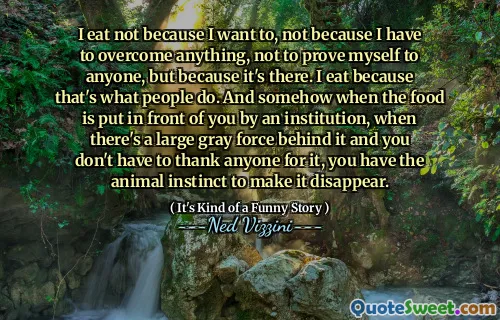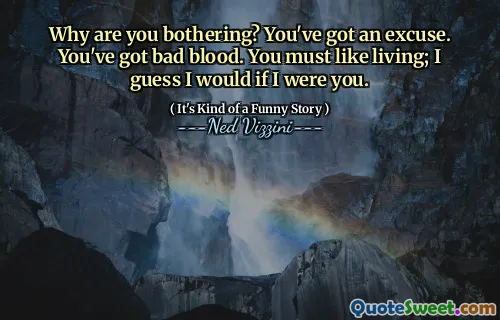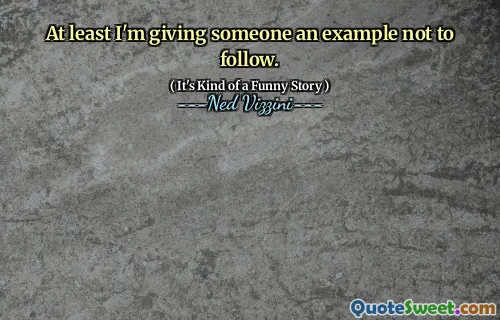
found myself jealous of the people who wrote the books. They were dead and they were still taking up my time. Who did they think they were?
This quote reveals a fascinating introspective moment where the speaker feels a peculiar sense of envy toward authors from the past. There's an underlying acknowledgment of their lasting presence; even after death, they continue to influence, inspire, and occupy the minds of countless readers. It highlights the enduring power of words and stories, transcending mortality, and how the act of creating something timeless can confer a form of immortality. The speaker's jealousy stems from a desire for such lasting impact—perhaps a wish to leave behind a legacy that endures beyond their own lifespan.
Moreover, the irony is palpable: these authors, now deceased, are still 'taking up' mental space in the living person's mind. It suggests a feeling of being overshadowed or perhaps the struggle to carve out one's own voice and influence amidst the giants of literature and history. There's an almost humorous resentment—who do these dead writers think they are, continuing to command attention long after their time?
This sentiment touches on the universal human desire for significance and the fear of being forgotten. The phrase awakens a reflection on how people seek to create something meaningful, knowing that mortality limits our time. It also underscores the timeless role of storytelling and the written word as repositories of human thought, emotion, and identity. Whether one is a writer or a reader, the way these stories persist shapes culture and individual lives, making it a bittersweet, yet inspiring thought;
ultimately, it reminds us of the profound and sometimes humorous struggle to find our place in a world dominated by the legacies of those gone before us.











